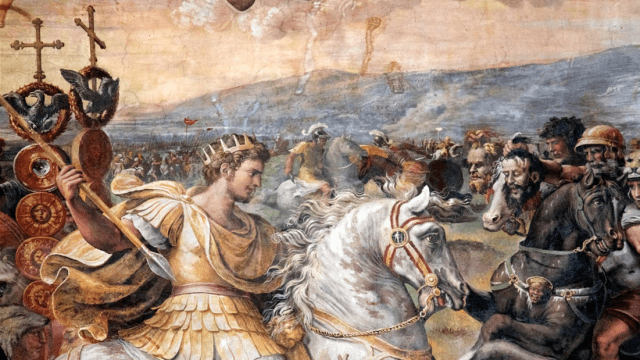
There has always been overlap between epic and panegyric. The classical definition of epic, Vergil’s ‘kings and battles’ (Ecl. 6.3), just as easily defines the imperial prose panegyrics of late antiquity. The emperors who feature in the Panegyrici Latini corpus certainly have epic qualifications: Vergilian allusion and epic comparison are commonly used to make the connection. Yet however often he is compared to an Aeneas or an Achilles, the emperor in these speeches has little in common with the classical epic hero.
But why should Aeneas or Achilles be the model for the hero of Christian late antiquity? The Roman empire introduced by the reign of the Tetrarchy was a very different world to that of Vergil or Homer. Taking Raymond Marks’ definition of the hero as ‘the character who best represents the ethical and cultural ideals of his society’, it follows that heroism had to be redefined for the new epics of the fourth century. This paper will show how the emperor of the panegyrics was a natural – if unexpected - model for the hero of late antique epic.
Location
Speakers
- Dr Catherine Ware (University College Cork)
Event Series
Contact
- Dr Estelle Strazdins